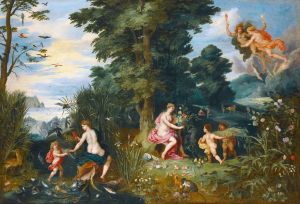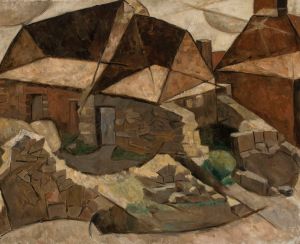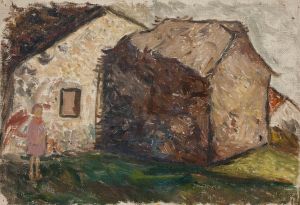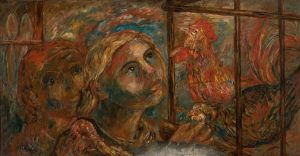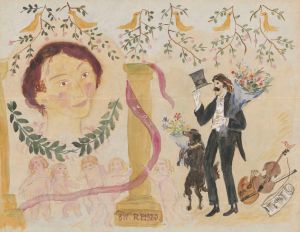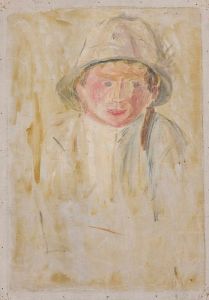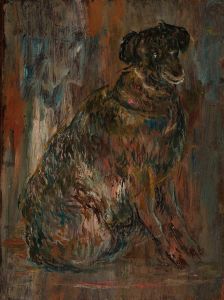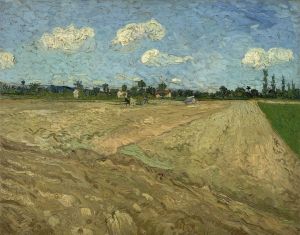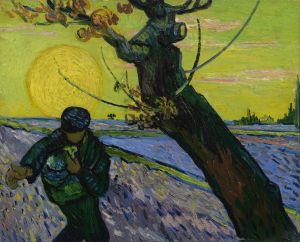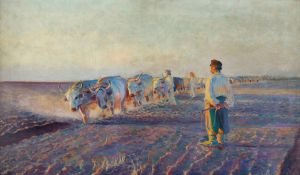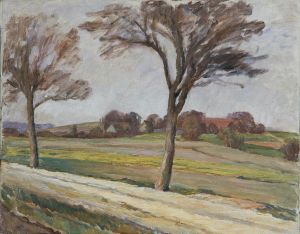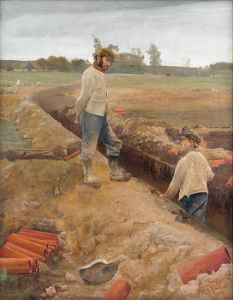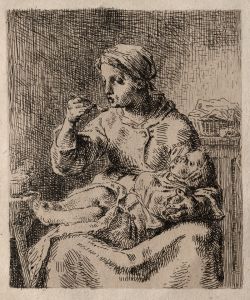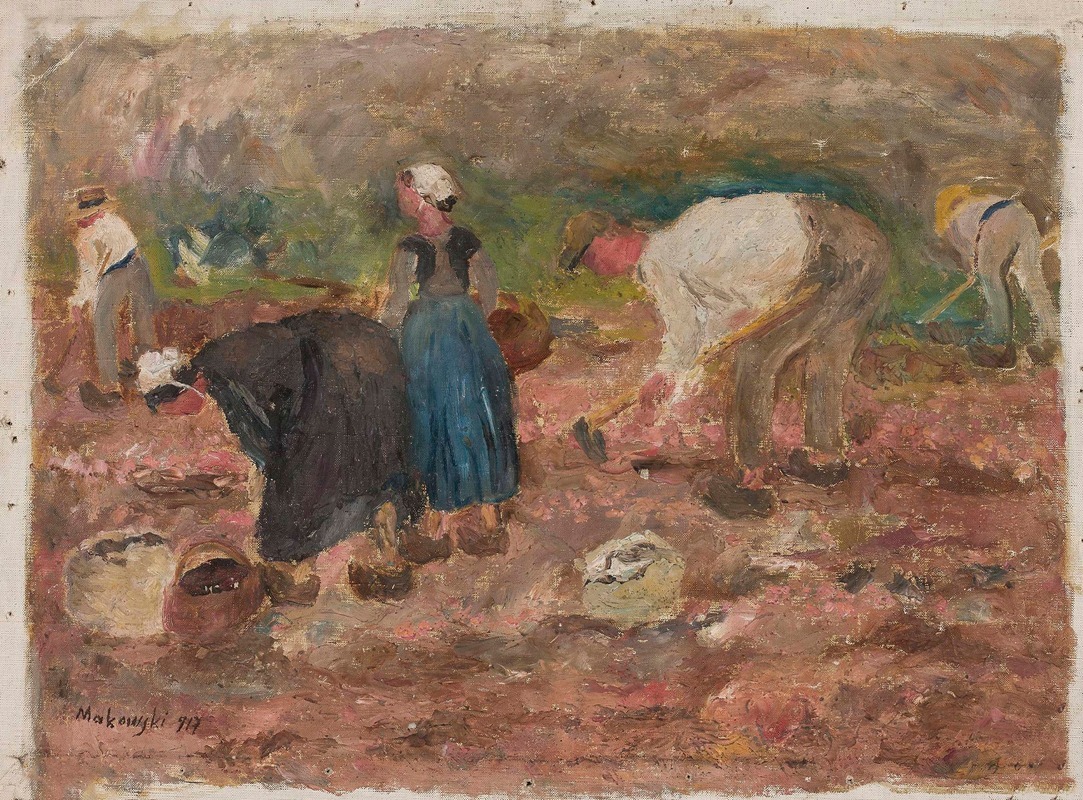
Digging potatoes
A hand-painted replica of Tadeusz Makowski’s masterpiece Digging potatoes, meticulously crafted by professional artists to capture the true essence of the original. Each piece is created with museum-quality canvas and rare mineral pigments, carefully painted by experienced artists with delicate brushstrokes and rich, layered colors to perfectly recreate the texture of the original artwork. Unlike machine-printed reproductions, this hand-painted version brings the painting to life, infused with the artist’s emotions and skill in every stroke. Whether for personal collection or home decoration, it instantly elevates the artistic atmosphere of any space.
Tadeusz Makowski was a Polish painter known for his unique style that combined elements of folk art, symbolism, and modernism. He was born on January 29, 1882, in Oświęcim, Poland, and studied at the Academy of Fine Arts in Kraków. Makowski spent a significant part of his life in France, where he was influenced by the avant-garde movements of the early 20th century, including Cubism and Post-Impressionism. His works often depicted scenes of rural life, children, and landscapes, characterized by a whimsical and somewhat naive style.
"Digging Potatoes" is one of Makowski's paintings that reflects his interest in rural themes and everyday life. Although specific details about the painting "Digging Potatoes" are scarce, it can be inferred from Makowski's broader body of work that the painting likely captures a scene of agricultural labor, focusing on the simplicity and authenticity of peasant life. Makowski's paintings often feature a muted color palette and simplified forms, which lend a timeless and universal quality to his subjects.
Makowski's style is marked by a blend of realism and abstraction, often incorporating geometric shapes and a flattened perspective. This approach can be seen as a reflection of his exposure to Cubism during his time in Paris, where he interacted with other artists and absorbed various artistic influences. Despite these modernist elements, Makowski maintained a strong connection to his Polish roots, frequently drawing inspiration from traditional Polish folk art and rural landscapes.
Throughout his career, Makowski's work was well-received in both Poland and France. He exhibited in numerous galleries and was part of several artistic circles. His paintings are noted for their emotional depth and ability to convey the innocence and purity of childhood and rural life. Makowski's unique style and thematic focus have earned him a respected place in the history of Polish art.
"Digging Potatoes," like many of Makowski's works, likely embodies a sense of nostalgia and a longing for the simplicity of rural existence. The painting may depict figures engaged in the act of harvesting potatoes, a common agricultural activity, emphasizing the connection between humans and the land. Through his art, Makowski often sought to capture the essence of everyday life, imbuing ordinary scenes with a sense of wonder and significance.
Tadeusz Makowski passed away on November 1, 1932, in Paris, leaving behind a legacy of paintings that continue to be celebrated for their distinctive style and emotive power. His works are held in various collections and museums, where they continue to be appreciated by audiences for their unique blend of modernist techniques and traditional themes. While specific information about "Digging Potatoes" may be limited, the painting remains an example of Makowski's enduring ability to capture the beauty and simplicity of rural life through his art.





